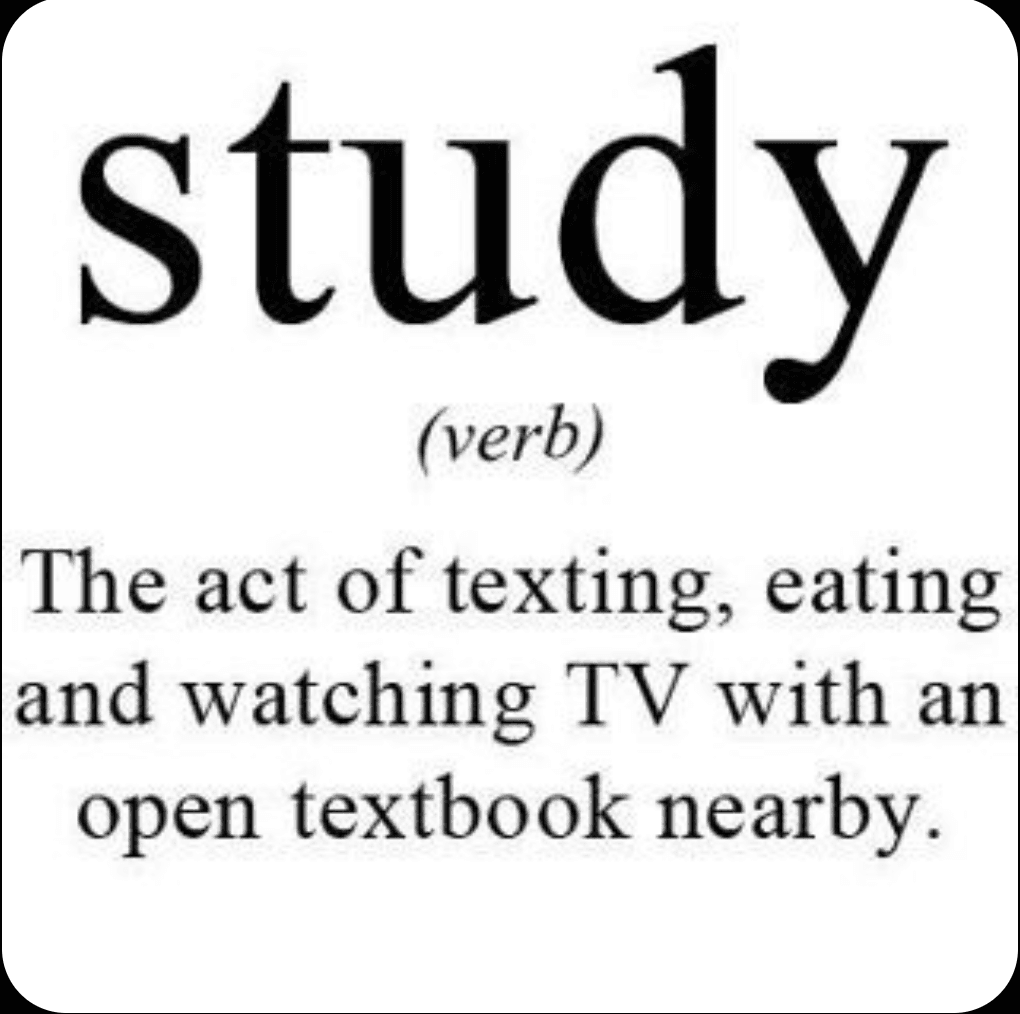The International Baccalaureate (IB) Diploma Programme is a two-year curriculum for high-achieving high school students. The IB Diploma Programme is the most widely offered IB program in the United States. 945 high schools are authorized to use and teach the IB diploma curriculum.
Why should I consider the IB Programme?
International Baccalaureate programs are offered and recognized worldwide. The idea is that students in a variety of different countries will learn the same curriculum during high school. When it comes time for students to apply for college, institutes of higher education will know exactly what an applicant’s high school curriculum entailed. They’ll also know that the student has met college entry requirements.
Within the United States alone, over 1,600 colleges have policies that recognize the IB coursework that students completed in high school. For some institutions, qualifying grades on IB exams are enough to bestow college credit, while at other institutions, qualifying grades may not provide credit but may allow students to skip ahead past introductory-level classes.
Classes are offered at two levels: standard level (150 hours of instruction) and higher level (240 hours of instruction). In a given year, students must take three or four higher-level classes, and the remainder must be standard level. The classes generally cover the same material, but higher-level classes may delve deeper into some of the covered topics or include topics that are beyond the scope of a standard-level class. For example, Language A: Literature at the standard level covers 10 literary works, while the higher level covers 13.
In addition to taking classes from the six core subjects, students are also required to complete three other requirements:
- The Theory of Knowledge (TOK) is a course that requires students to reflect on what it really means to learn, how we as a human race learn, and how we know what we know. It culminates in a verbal presentation and a 1,600-word essay.
- The Extended Essay is a 4,000-word essay on a self-directed research project. Students have the freedom to choose a topic that interests them, provided it is related to one of the six core subject areas.
- Creativity, Activity, Service (CAS) is required but not graded. Students perform a variety of projects involving creative thinking, physical activity, and/or volunteer service. The IB curriculum intends for students to develop both inside and outside of school.
At the end of the school year students are subject to an exam period, during which they are tested over everything they’ve learned in each of their IB classes.
Exams are graded from 1 to 7, and exam grades for classes in the same subject area are averaged so that at the end of exams, students have a score ranging from 1-7 for each of the six subjects. These are added together to give an overall IB score. The TOK and the Extended Essay may add a combined 3 points to a student’s total score. The highest possible IB diploma score is 45, but students who earn at least 24 points, do not have any failing scores, complete the entire curriculum, and meet other eligibility requirements are granted an IB diploma. A score of 1 is a failing score; students with a 1 in any subject will not earn an IB diploma.
Does it make any difference in terms of university entrance?
The key element in a university application, is for the admissions tutor to be able to assess the level of academic attainment that the applicant has achieved to ensure that the university’s minimum criteria are met in the appropriate areas for a particular course of study.
The admissions tutor will also be seeking to understand how the applicant has grown in a wider sense and his or her developing attitudes towards independent learning, social responsibility, team work etc.
The beauty of the IB Diploma is that it covers all of these aspects and offers credit for them against clearly stated criteria for success in obtaining the diploma. Some argue that the IB Diploma requires the student to develop a stronger sense of time-management which is also considered good preparation for university study.
You can’t go past the most obvious point in the IB’s favour – the international aspect.
The IB Diploma Program is recognised by all leading universities, which instantly puts you on the world stage and contextualises your application.
Regardless of where you sit your IB exams, the results mean the same thing, and they’re understood by admissions officers.
However, it’s important to understand that recognition doesn’t necessary equate to value. and IB means more to US universities than it does to UK universities, so how much this “pro” weighs for you will depend on where you want to study.










